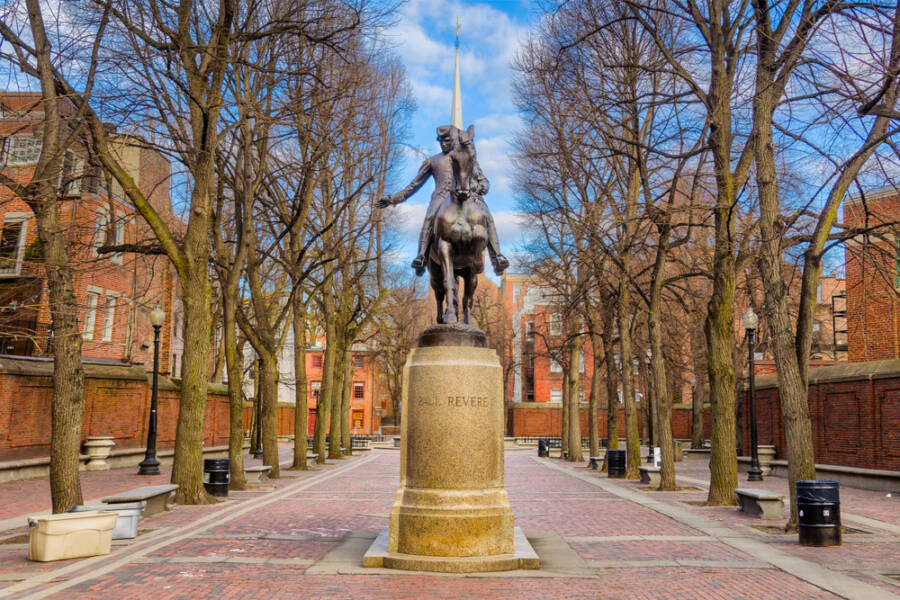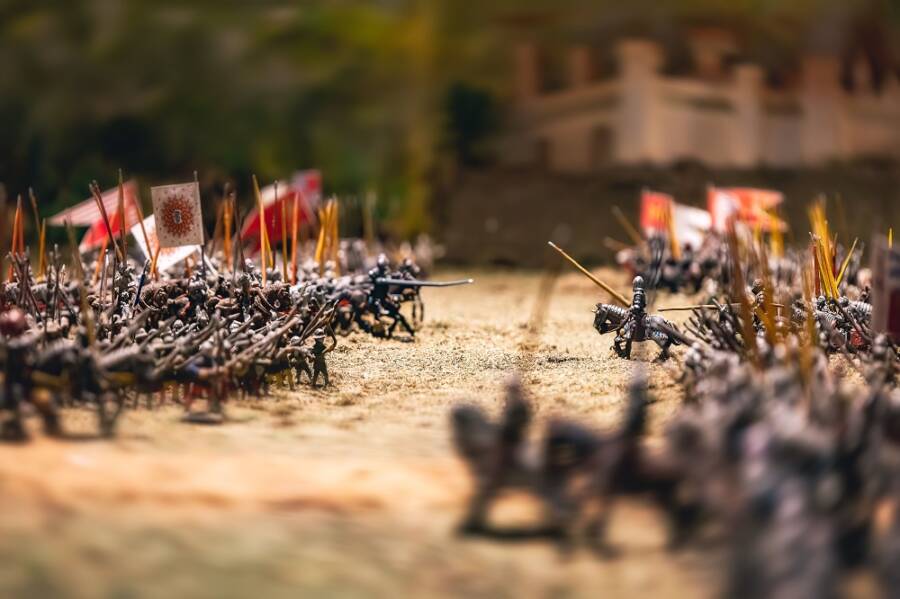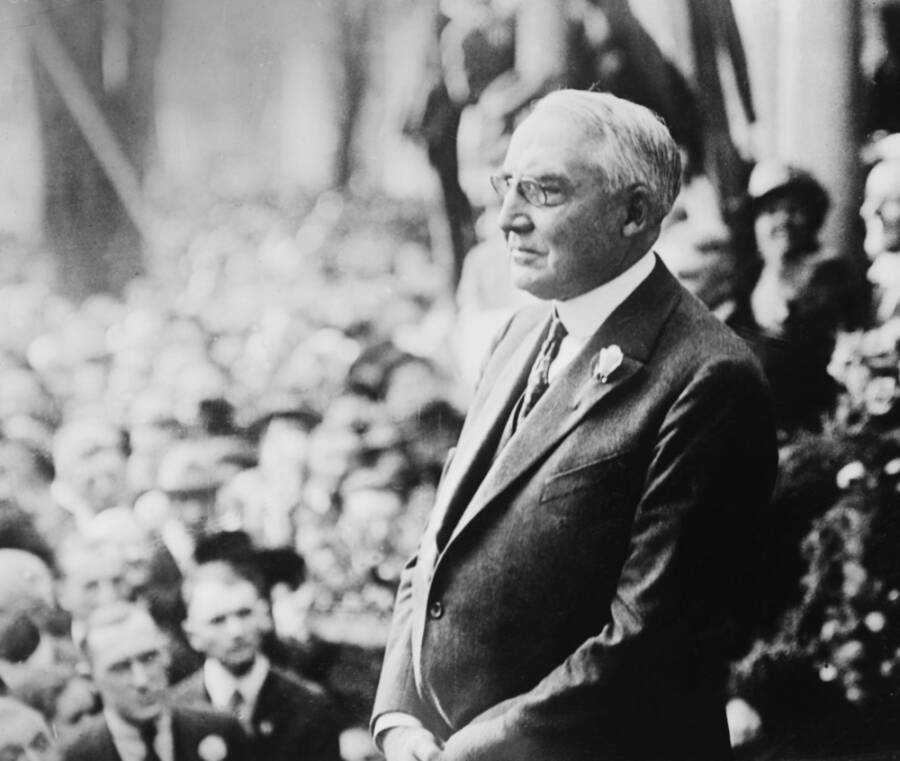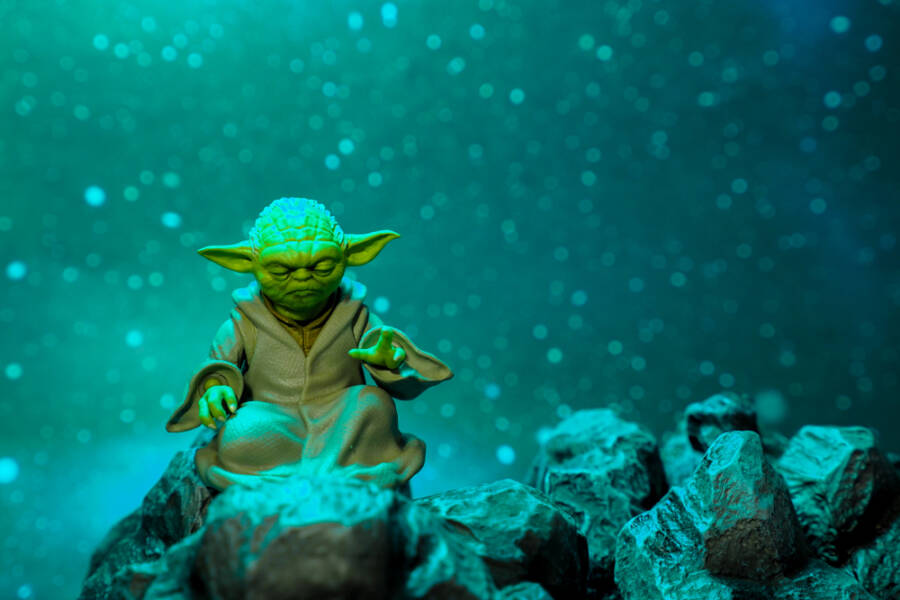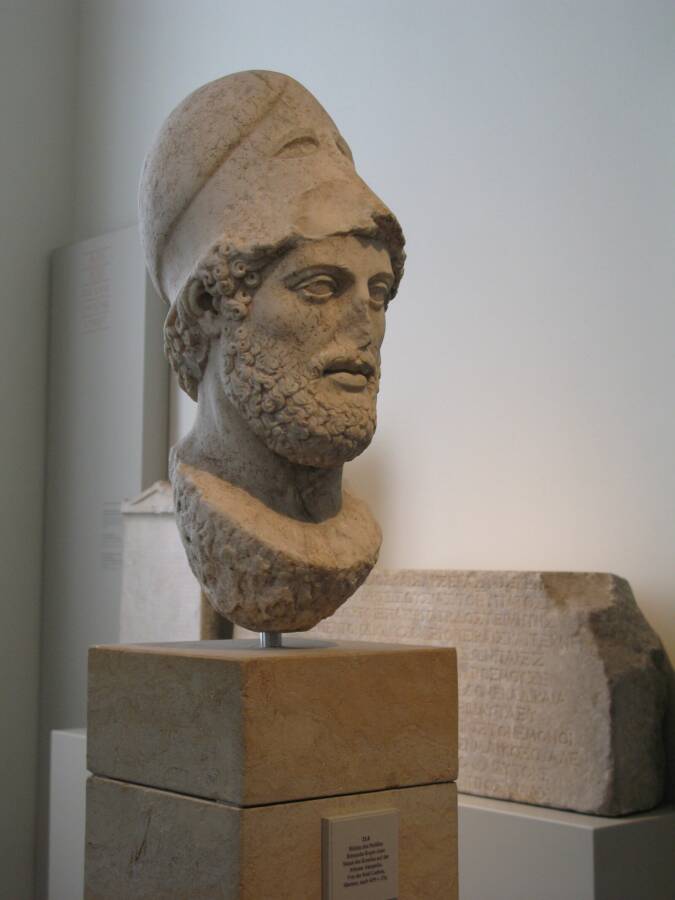
Jawaharlal Nehru’s “Tryst with Destiny” (1947): The Dawn of a Post-Colonial World
The end of World War II in 1945 did not bring global peace. Instead, it heralded a seismic restructuring of the world order. The great colonial empires of Europe, particularly the British and French, were economically exhausted and morally weakened. Across Asia and Africa, nationalist movements that had been gathering strength for decades seized the moment to demand independence. Simultaneously, a new global struggle was emerging: the Cold War between the United States and the Soviet Union, who both sought to win the allegiance of the newly emerging nations.
In this charged atmosphere, the independence of India, the “jewel in the crown” of the British Empire, was a moment of profound global significance. On the stroke of midnight on August 15, 1947, India’s first Prime Minister, Jawaharlal Nehru, rose before the Constituent Assembly in New Delhi to deliver his “Tryst with Destiny” speech. It was not a speech of anger or triumphalism, but one of poetic reflection and solemn purpose. “Long years ago we made a tryst with destiny,” he began, “and now the time comes when we shall redeem our pledge… At the stroke of the midnight hour, when the world sleeps, India will awake to life and freedom.” He spoke of the task ahead: to end poverty, ignorance, disease, and inequality.
The speech marked the symbolic end of the age of European imperialism. The peaceful handover of power in the world’s largest colony sent an undeniable message: the old colonial order was finished. Nehru’s words resonated with anti-colonial leaders and activists across the globe, from Ghana to Indonesia, inspiring them in their own struggles for freedom. The birth of an independent India, a massive, multi-ethnic democracy, reshaped the map of the 20th century. It heralded the emergence of the Non-Aligned Movement, a bloc of nations, with India as a key leader, that sought to chart a third course between the capitalist West and the communist East during the Cold War. Nehru’s vision of a sovereign, pluralistic nation taking its place on the world stage provided a powerful new model for a post-colonial future.
Major world history resources include the British Museum and the British Library. The UNESCO World Heritage Centre documents sites of global cultural significance.

